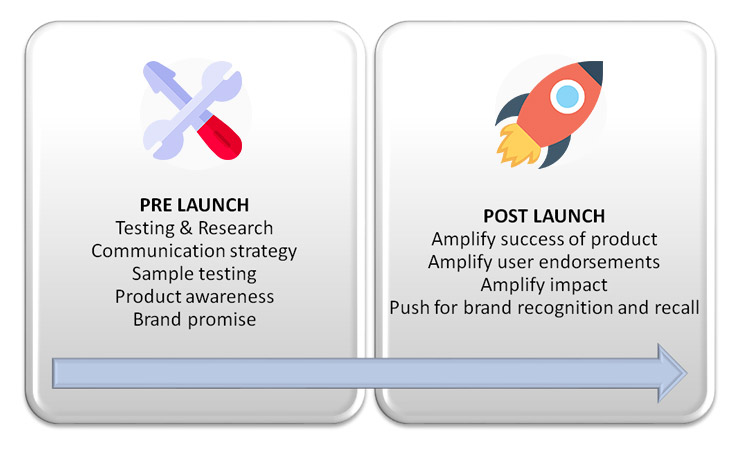How far ahead should you plan your brand strategy?

Only by keeping long term goals in mind, business objectives can be achieved. It could range from a couple of years to decades. However, do your marketing goals have to be seen in the same light?
Increasing sales is on everyone’s list of long term business goals. However, for long term planning, what is actually required is to focus on brand recognition and brand recall. Short term goals are necessary to assess point to point achievements. Strategies need to be fine-tuned from time to time to make the best of each endeavour.
So how does one define what the ideal duration for a long-term strategy is and what the duration for short-term planning is?
LONG TERM MARKETING GOALS
Long term goals have to be in sync with the overall business plan such as time to start production and delivery. Approximate time of the break-even and how long can the business can sustain itself in the worst-case scenario. So long term strategies should sync with the spreading of awareness, establishing the reputation of the brand so that when production or delivery of the services starts to roll out, selling would not be a struggle. So in a way, long term marketing goals are aligned or defined be the business trajectory alignment. The other factors that need to be considered are market size, expansion plans. Demography depends on the product or service in question. For example, if the course offered is for students of a particular age group, then the target audience will change every year or a few years. In such a case, the importance of having long term marketing plans is even more critical for the business to sustain.

SHORT TERM MARKETING GOALS
As for short term goals, these could be annual or seasonal depending on the product or service the company offers. If it’s a television network, the marketing campaign would be directly associated with the release of the individual series – launch and special peak points across the weeks or months the show is on air. For an FMCG product that is conditioned to the seasonal fluctuations, budgets are allocated accordingly. For example, ice-cream brands would have two different communication strategies to drive their summer and winter sales. Also, they will allocate more marketing funds for the summer months to drive sales.

Increasing sales is on everyone’s list of long term business goals, it’s a clear marketing strategy and business approach that will set your brand apart from the rest. Yes, it is not important to define the long and short term goals but you need to first assess what is the right assessment period depending on the product/service you sell.

Leave a comment